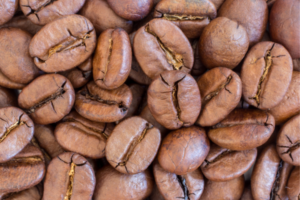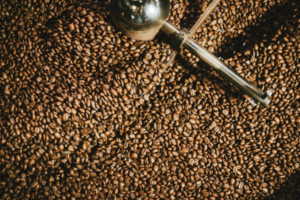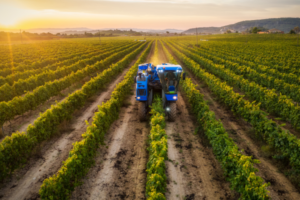Coffee has become an integral part of the daily routine for millions of people around the world. It comes in various forms and flavors, catering to a diverse range of tastes and preferences. Two main categories of coffee that often pique curiosity among coffee enthusiasts are “Special Coffee” and “Regular Coffee.” In this article, we will delve into the primary differences between these two types of coffee, exploring their origin, cultivation, processing, flavor profiles, and overall quality. By the end, you’ll have a clear understanding of what sets these two varieties apart and why the choice of coffee matters.
Origin and Cultivation
Special Coffee: Special coffee, also known as specialty coffee, is sourced from specific regions known for producing high-quality beans with unique flavor profiles. These coffee-growing regions typically have ideal climates, altitude, and soil conditions that contribute to the exceptional quality of the beans. Specialty coffee is often cultivated using sustainable and environmentally friendly practices, promoting both ecological balance and the well-being of coffee farmers.
Regular Coffee: On the other hand, regular coffee is generally produced on a larger scale and sourced from various regions worldwide. The emphasis may not be on the bean’s specific origin, but rather on its affordability and accessibility to a broader market. As a result, the cultivation methods employed may not always prioritize sustainability or exceptional quality.
Processing Techniques
Special Coffee: Specialty coffee often undergoes a meticulous and labor-intensive processing approach. The methods used are geared towards preserving the unique characteristics of the beans and enhancing their natural flavors. Common processing techniques for specialty coffee include the “washed” method, “natural” method, and “honey” process. Each technique contributes distinct flavors and aromas to the final cup, making the experience truly exceptional.
Regular Coffee: Conversely, regular coffee typically undergoes a more straightforward and mass-produced processing technique. The beans may be processed using industrial machinery, aiming for efficiency and cost-effectiveness. While this approach ensures a consistent taste, it might not highlight the bean’s intrinsic qualities or result in the diverse range of flavors found in specialty coffee.
Flavor Profiles
Special Coffee: One of the most remarkable aspects of specialty coffee is its diverse range of flavors and aromas. Coffee connoisseurs often find themselves captivated by the intricate notes of fruit, floral, chocolate, nutty, and even wine-like tones that can be present in specialty coffee. The unique terroir, growing conditions, and processing methods contribute to these flavor complexities, providing a delightful and unforgettable sensory experience.
Regular Coffee: Regular coffee, though enjoyable, tends to have a more straightforward flavor profile. It often features a general “coffee” taste with varying degrees of bitterness and acidity. While this is perfectly suitable for many coffee drinkers, it might not satisfy those seeking a more nuanced and sophisticated coffee experience.
Roasting Process
Special Coffee: Roasting is a critical factor in determining the final flavor of coffee. For specialty coffee, the roasting process is approached with precision and care. Roasters strive to bring out the best in each bean, accentuating its unique characteristics while avoiding over-roasting, which can result in burnt or charred flavors. This delicate balance during roasting highlights the inherent flavors of specialty coffee.
Regular Coffee: In contrast, regular coffee roasts are often standardized to achieve consistent flavor profiles across batches. While this method ensures a predictable taste, it might not do justice to the individual nuances of each coffee bean, as specialty coffee roasting does.
Quality and Price
Special Coffee: As expected, the meticulous cultivation, processing, and roasting practices involved in specialty coffee production lead to higher-quality coffee. This exceptional quality is reflected in its price, which is often higher than that of regular coffee. However, coffee aficionados are willing to pay the premium price for the unparalleled taste and unique experiences specialty coffee offers.
Regular Coffee: Regular coffee, being more widely available and produced on a larger scale, tends to be more budget-friendly. Its affordability and convenience make it the go-to choice for a vast majority of coffee consumers worldwide.
Conclusion:
In conclusion, the difference between Special Coffee and Regular Coffee lies in their origin, cultivation, processing techniques, flavor profiles, and overall quality. Specialty coffee offers a truly unique and exceptional coffee experience, with its distinctive flavors, carefully curated origins, and sustainable cultivation practices. On the other hand, regular coffee caters to a broader market with its more affordable and convenient options, providing a consistent but less diverse flavor profile.
Ultimately, the choice between Special Coffee and Regular Coffee depends on individual preferences, budget, and the value placed on the artistry and craftsmanship behind specialty coffee. Regardless of the choice made, coffee remains a beverage that connects people, cultures, and communities worldwide, bringing joy and comfort to millions every day.



